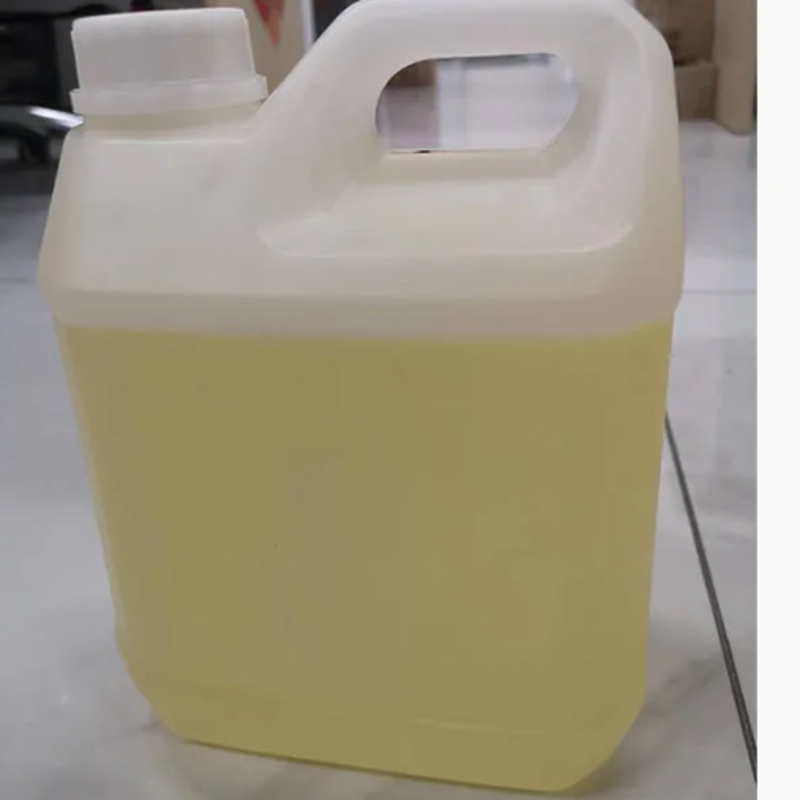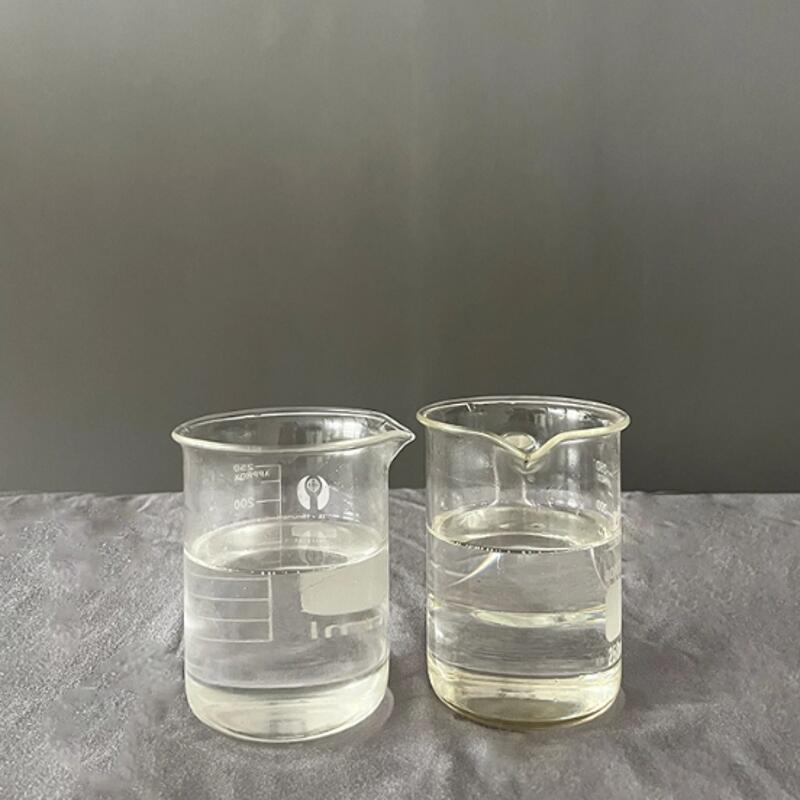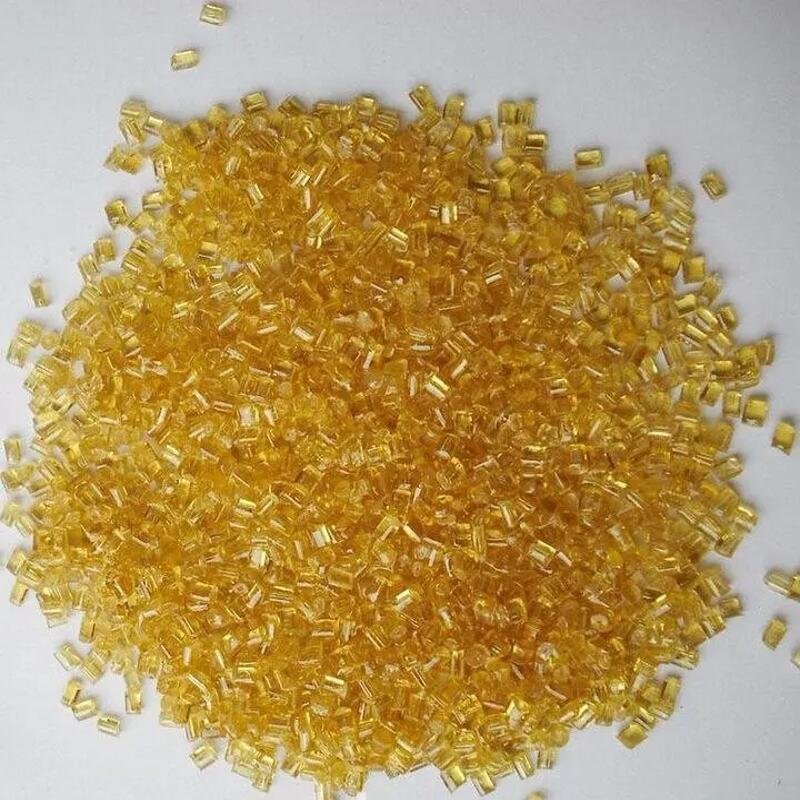-
Categories
-
Pharmaceutical Intermediates
-
Active Pharmaceutical Ingredients
-
Food Additives
- Industrial Coatings
- Agrochemicals
- Dyes and Pigments
- Surfactant
- Flavors and Fragrances
- Chemical Reagents
- Catalyst and Auxiliary
- Natural Products
- Inorganic Chemistry
-
Organic Chemistry
-
Biochemical Engineering
- Analytical Chemistry
-
Cosmetic Ingredient
- Water Treatment Chemical
-
Pharmaceutical Intermediates
Promotion
ECHEMI Mall
Wholesale
Weekly Price
Exhibition
News
-
Trade Service
Two major players in the packaging sector - German packaging and bottling machine manufacturer Krons and packaging specialist Alpla from Austria have developed a project to study the potential of using recyclable PET containers in beverage packaging
.
Until recently, recyclable containers played only a small role in discussions about sustainability and PET plastic, and the focus has been on reduction and recycling
.
That's unreasonable, according to the two partners on the project, whose first phase was recently completed
.
Based on scientific assessments of materials and process parameters, recyclable PET containers are certainly a viable option, even for sensitive, extended shelf-life products such as juices and milk in the cold chain
.
So far, the main applications for recyclable PET containers are carbonated soft drinks and water
.
From an ecological point of view, the optimal choice of packaging depends on many factors and must be evaluated individually for each use case, says Martina Birk, head of Krones' Environmental Sustainability Program
.
The two companies set up the project to find solutions for sensitive beverages such as juices and dairy products
.
Jörg Schwärzler, recyclables specialist and project leader at Alpla, said: "We found that using a 38 mm neck has particular advantages for recyclable applications of sensitive products
.
Particular attention was paid to the cleaning process used to sanitize the recyclables
.
"
"PET is not as heat resistant as glass," explains developer Ines Bradshaw, "so we had to find a way to ensure high microbiological safety and a high life cycle when cleaning at lower temperatures
.
"
Bradshaw said: "We have conducted extensive testing and have shown that with the right combination of parameters - particularly lye concentration, temperature, additives and mechanical shock - temperatures around 60°C are sufficient to reliably remove dry protein from containers , fat and starch contamination
.
A direct comparison between recyclable PET and recyclable glass revealed another interesting point: During several cleaning cycles, the alkaline cleaning medium significantly roughened the surface of the glass bottles, which was not observed in PET containers.
phenomenon
.
“Especially for the filling of sensitive beverages, consistent container quality can be an advantage that should not be underestimated,
” she added
.
Microbiological testing is currently underway to finally determine whether the technology is safe
.
Initial results are very promising
.
"From a microbiological standpoint, PET bottles that have gone through 25 cycles are indistinguishable from new," Bradshaw said
.
With this proof of concept, the project has now entered its next phase
.
Preparations for the technical field test are already well underway
.







